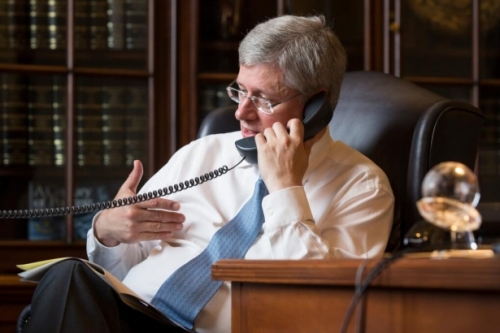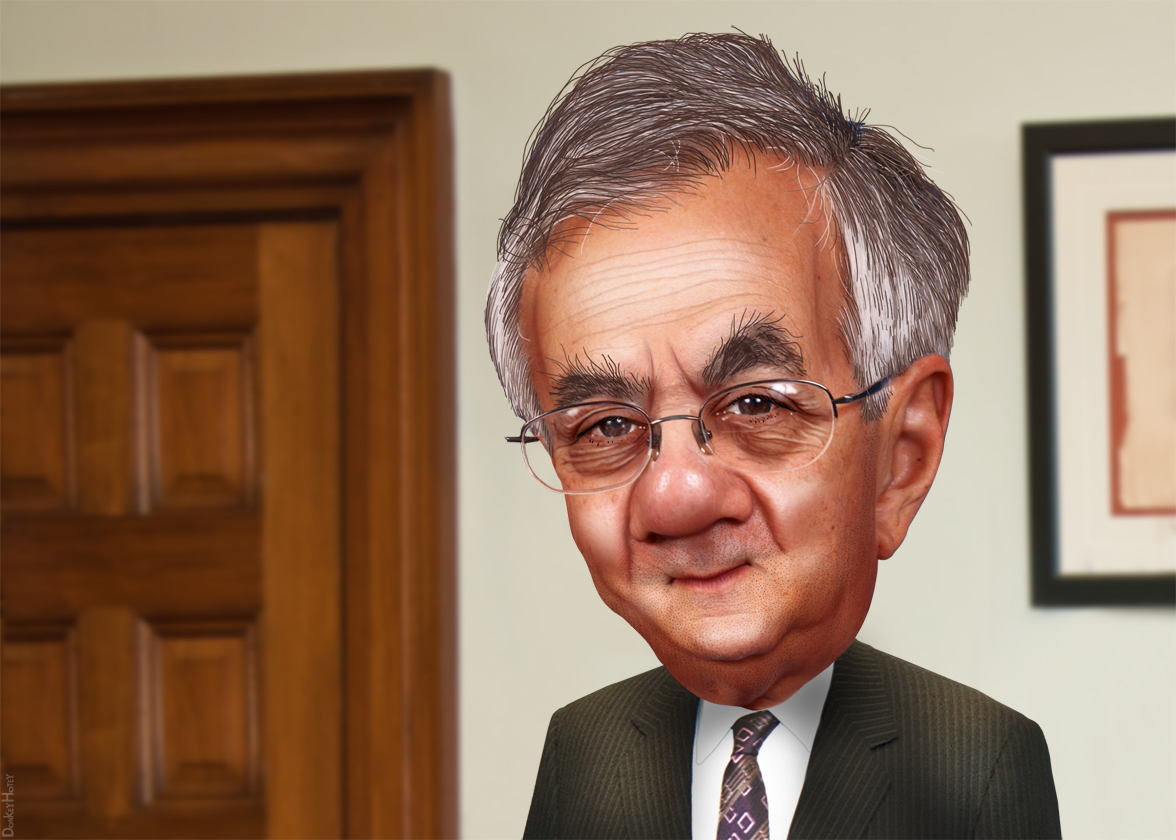The Harper government’s control over digital diplomacy efforts made by Canadian officials has come under much scrutiny by the scholarly elite. While many believe Canada remains inactive in the realm of social media, others have recognized recent efforts by certain ministers to engage in cyber communication. It leads to question whether the efforts made by Canada’s Foreign Minister to encourage digital diplomacy are too little too late.
Some scholars argue that it has taken too long for the government to integrate itself into the international affairs ‘Twitterverse’. Others believe party restrictions on social media activity show the Harper government’s refusal to join the arena of digital diplomacy while others have given the Department of Foreign Affairs, Trade and Development a chance to prove itself on social media. At this point, the winning argument remains to be with policy thinkers who believe it is necessary to show support for the efforts of digital diplomacy demonstrated in changes to management.
 On the issue of social media management, many would argue that Baird has become Harper’s ‘yes-man’, but University of Ottawa Professor Roland Paris salutes the Minister for independently pushing for a diplomatic presence on the web. The Conservative government has maintained a tight chain on its interaction with voters and the international community.
On the issue of social media management, many would argue that Baird has become Harper’s ‘yes-man’, but University of Ottawa Professor Roland Paris salutes the Minister for independently pushing for a diplomatic presence on the web. The Conservative government has maintained a tight chain on its interaction with voters and the international community.
Those who believe in ‘better late than never’ appreciated the Minister’s visit to Silicon Valley to learn how to use social media from the tools’ engineers. While there Baird admitted to Canada’s late realization of the necessity for devices like Twitter in particular since it would allow for real time political diplomacy on foreign movements and international policy making, saying:
“The closed world of demarches summit and diplomatic dinners is no longer sufficient to project our values and interest” -Minister Baird at Silicon Valley Twitter Headquarters
Professor Paris commended the Foreign Minister’s efforts to push his party into the future. In a few short months, the Harper government went from only a handful of social media accounts to today, where we see an increased number of diplomats engaging in real-time commentary with policy makers and political junkies.
Yet there remain other scholars who view recent commitments to digital diplomacy as too little too late. The Globe and Mail’s Dean Beeby questioned whether Twitter accounts were handled professionally and if they genuinely cared much for international affairs and trade. He argues that when the supplies of tweets were running low, bureaucrats would recycle mundane public safety messages. Those who would agree also complain of the exacting measures the department is held under, also made evident through lackluster social media commentary. According to Beeby, the protocol was enforced last October where a twelve-step process began for tweets that required the oversight of industrial and junior level ministers before action was taken.
The discontent expressed by many is rightfully critical of the Harper government for damaging the spirit of Twitter with a long checklist of security protocols. Yet few have recognized Minister Baird’s efforts for pushing the upper levels of the Conservative government to permit its diplomats to take the inevitable risk of miscommunication when participating in discussions on the web. It is also poor judgement not to acknowledge DFATD’s public admission that digital diplomacy can repair our broken bridges with the international community and organizations that are willing to help defend our vulnerable borders.
Regardless of the outcome of the Foreign Minister’s social media experiment, policy experts only provide constructive criticism when acknowledging the efforts of engagement rather assuming the worse due to past failures. Thus Baird’s recent visit to Silicon Valley, although late in the game, shows leadership and a willingness to rebuild the all important trust amongst fellow diplomats home and abroad.




